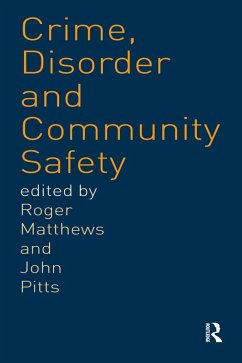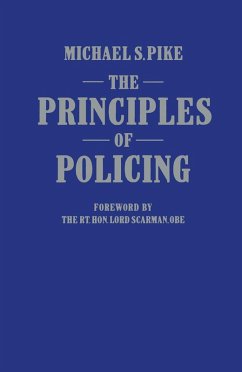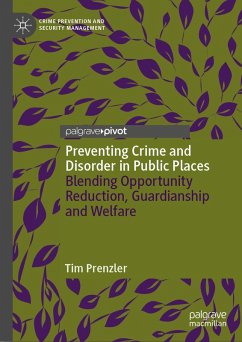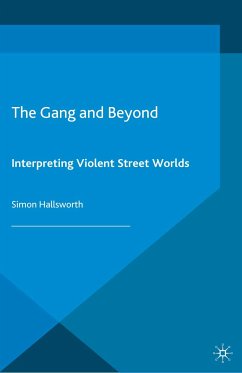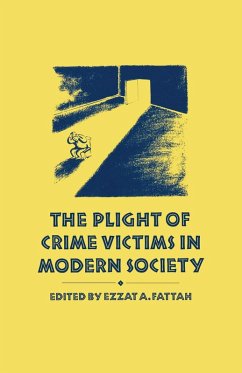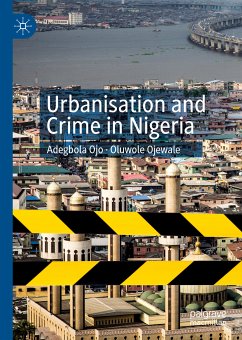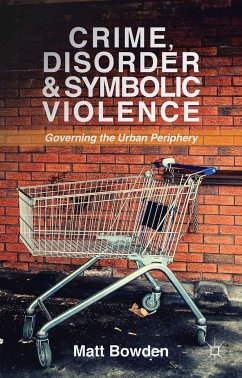
Crime, Disorder and Symbolic Violence (eBook, PDF)
Governing the Urban Periphery
Versandkostenfrei!
Sofort per Download lieferbar
40,95 €
inkl. MwSt.
Weitere Ausgaben:

PAYBACK Punkte
20 °P sammeln!
This timely book provides a theoretical and empirical engagement with contemporary understandings of the governance of crime, safety and security. Using a Bourdieuian framework, Bowden explores concepts such as capital, habitus and symbolic power to present an analytic tool-kit for a critically engaged public criminology.
Dieser Download kann aus rechtlichen Gründen nur mit Rechnungsadresse in A, B, BG, CY, CZ, D, DK, EW, E, FIN, F, GR, HR, H, IRL, I, LT, L, LR, M, NL, PL, P, R, S, SLO, SK ausgeliefert werden.




